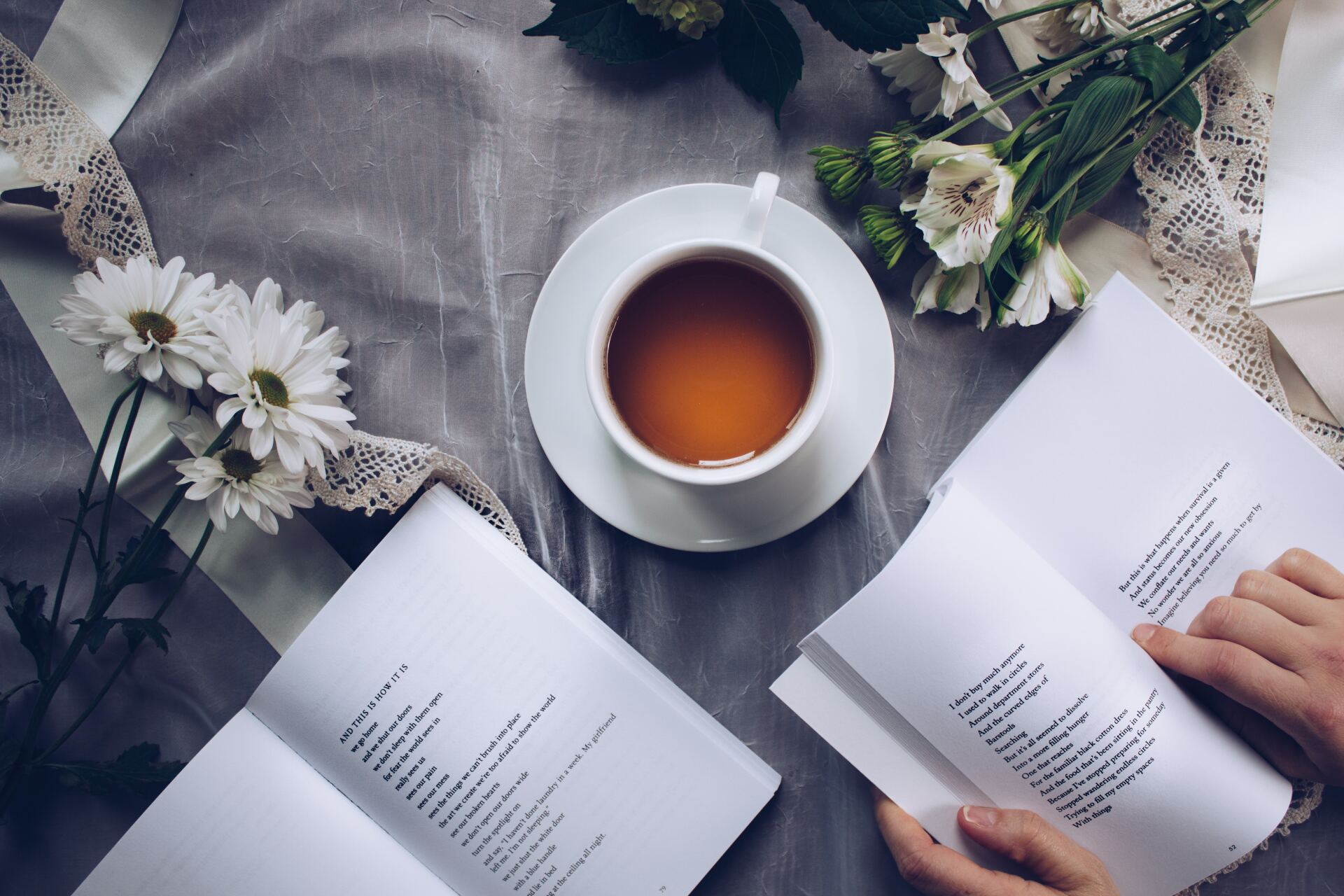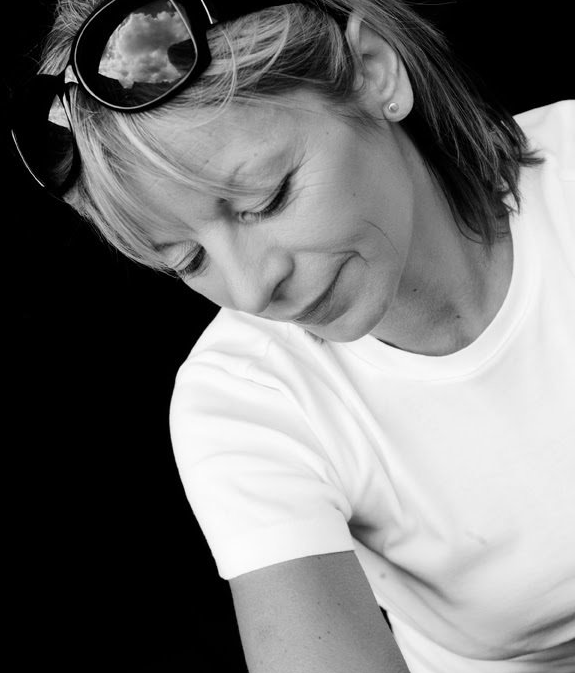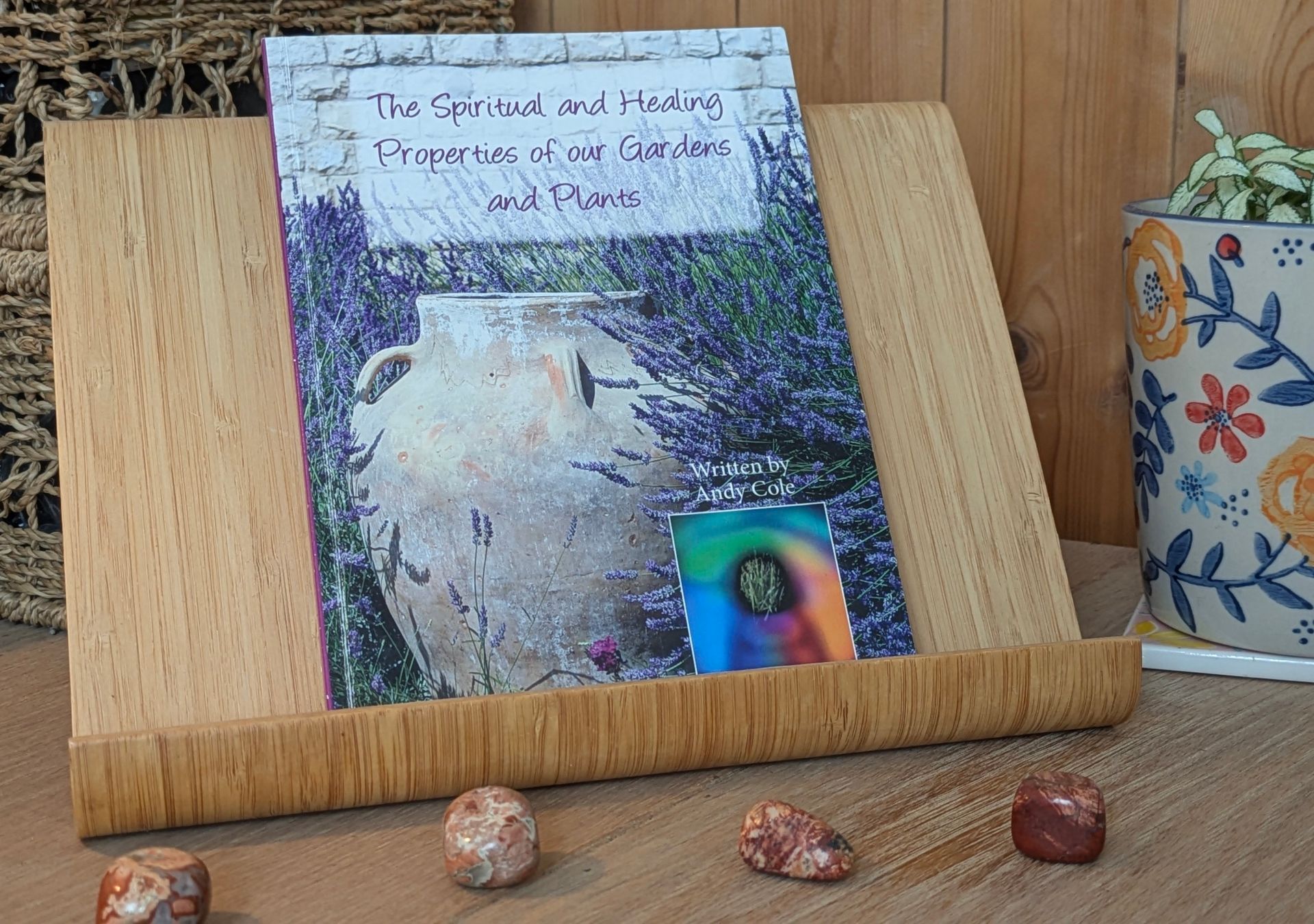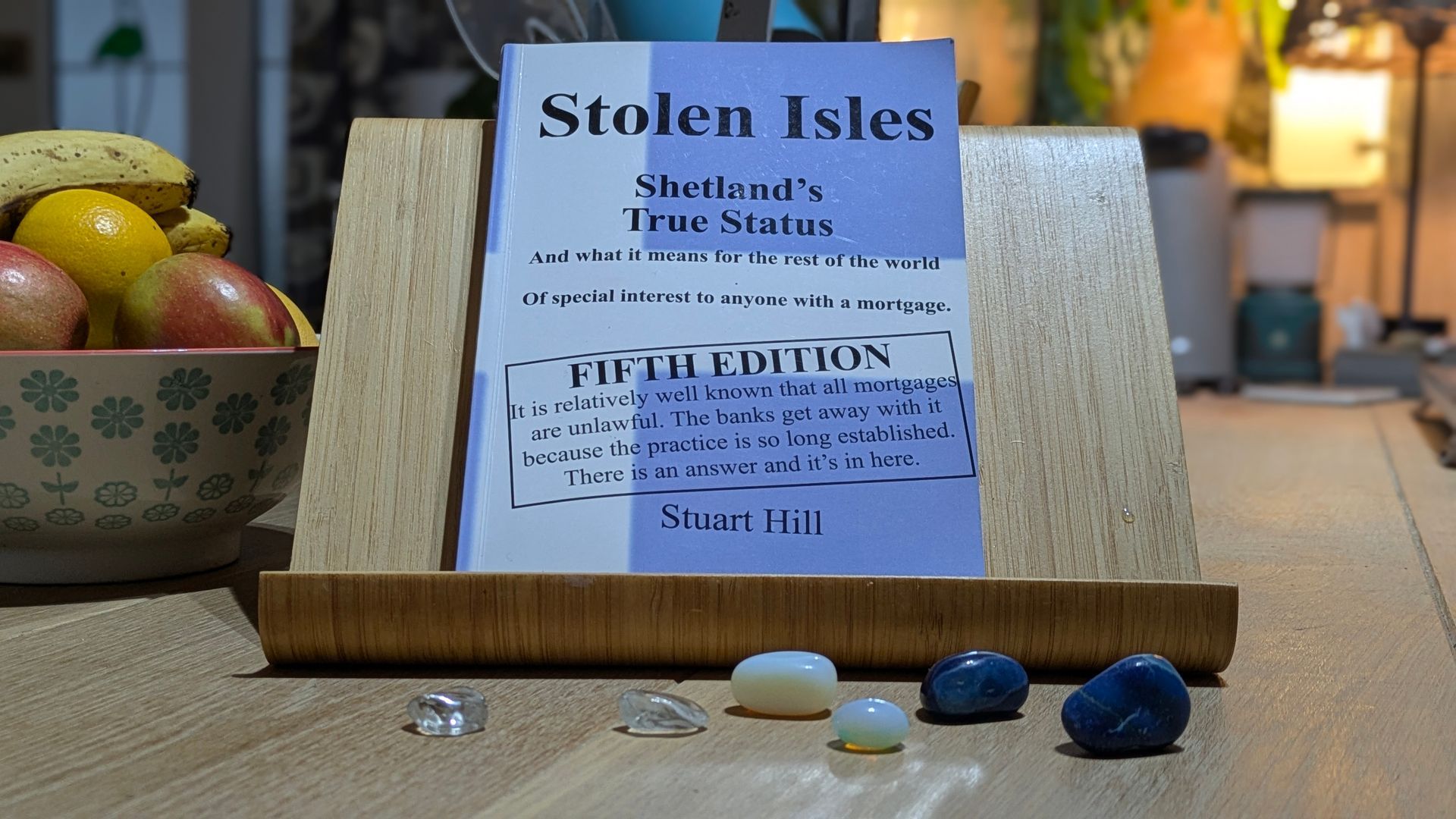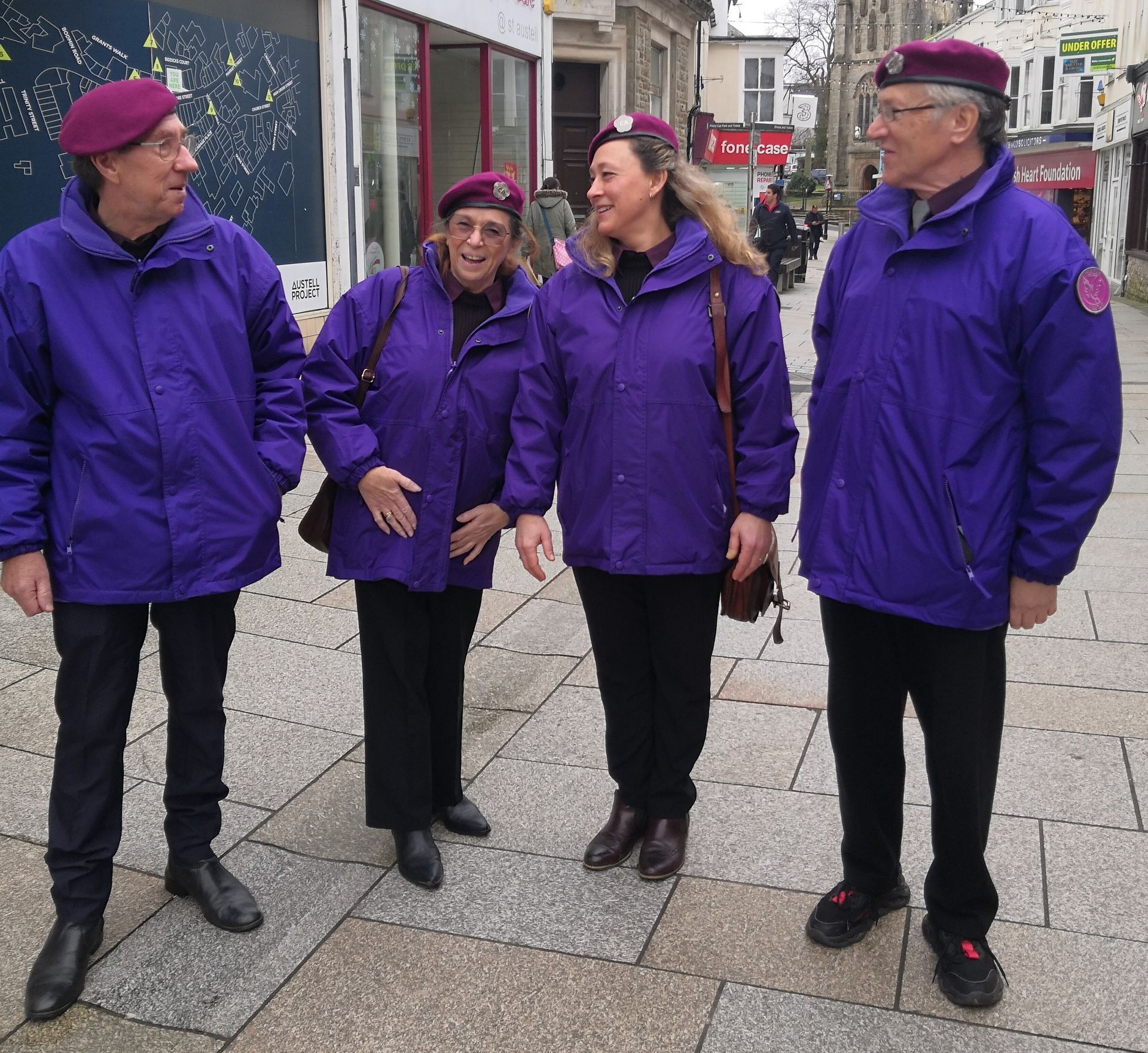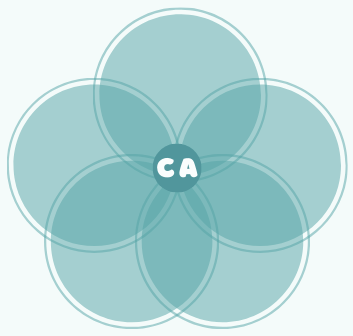Once upon a time reading books was considered an essential part of life for anyone wanting to learn about the outside world and gain knowledge as a process of personal discovery, critical thinking and personal enlightenment.
However, it's sadly true to say that this is no longer the case for many who think learning from books is no longer necessary or desired when formal education comes to an end. This has been fuelled by our preoccupation with social media and the internet which provides us with the ability to simply
'Google it' rather than reading a book or any kind of long-form writing to find the answers we require.
This has proven to be entirely detrimental to our collective learning experience and mental development. When we get out of the habit of reading, it becomes harder to concentrate and develop our critical thinking skills in a natural and organic way. Without doubt reading with purpose has become a chore that many people feel they don't have time for or worse still, have no interest in at all.
Finding our own truth
It means that too many of us have become complacent in our pursuit to discover our own truth. We have become way too dependent on the Google's of this world deciding what
they think we should read and have an interest in. Then we have the problem of
'click-bait' which is designed to attract readers with an increasingly short attention span. Headlines are brutally sensationalised to catch people's attention with a catchy title and heavily biased introduction followed by the requisite list of bullet points.
To a great extent Google (et al) have become our
'teachers' using complex algorithms to gainfully select what they want us to read rather than presenting the varying information we need to make our own decisions and come to our own conclusions.
What too many people don't know is that search engine results are stringently controlled to prevent anything that doesn't fit the establishment's narrative finding the light of day, let alone appearing on the first few pages of your search query. Increasingly, any factual and well considered information deemed to go against the status quo is downgraded, undermined or disappeared as
'mis-information'.
Biased knowledge
Even though I read around 20 books a year (and wish it could be more), I used to use the internet just like everyone else for fact-checking and, ironically, looking for
'good books' to read. I didn't realise at the time that by doing so I was being fed into an echo chamber swamped with inaccurate knowledge and biased information.
Prior to my awakening, many hours of precious reading time were wasted on books that have turned out to be not only spurious in their purpose but loaded with
actual
mis-information hitherto denounced by the
'powers that be' as being misleading, inaccurate and in some cases downright dangerous.
It reminds me of an exceptional quote by Groucho Marx:
I find television very educating. Every time somebody turns on the set, I go into the other room and read a book.
If only this were the case for the majority of us. If only we were not so addicted to the TV and still
'allowed' to have different opinions that we can discuss openly and rationally to reach a consensus between us.
Perhaps then we wouldn't feel so isolated, ignorant and confused about what we think we know and don't know.
Reading benefits
So, without further ado, I wanted to provide a recap on the extraordinary benefits of reading books and long-form writings (similar to this article) in an attempt to reverse the non-reading trend. It seems to me that reading books is not only extremely beneficial for our general health and wellbeing, it has also become critical in making sure the truth is sought out, assessed, shared and protected. Here are some of the best ones:
1) Mental stimulation
Reading helps us to absorb new knowledge and reflect on things so that we can put things into context. This in turn stimulates our memory and leads to improved analytical and critical thinking.
2) Mental focus
Reading helps us to focus and concentrate on things for longer periods of time in a restful and relaxing way. We can only think about one thing at a time which is why reading helps to reduce anxiety, freeing us from troublesome thoughts that we might otherwise not be consciously aware of.
3) Improved sleep
Reading a bedtime story is not only hugely beneficial for children in helping them to drop off to sleep, it's equally good for grown-ups too. I am forever grateful to my late Dad for taking the time to do this for me throughout my childhood. It instilled a passion for books that has lasted a lifetime. Reading ourselves to sleep helps us to wind down properly and drift off to slumberland rather than having our minds jangled by the blue light of device screens. This is known to suppress the production of melatonin, making it difficult for many people to turn off their brains and fall into deeply restorative slumber.
4) Increased confidence
Reading not only greatly increases our personal knowledge, it also helps to improve fluency in writing and presentation skills. The saying goes that you can't be a successful writer if you are not prepared to read - and read a lot. This is because well-written books and long-form writings provide us with an endless reservoir of inspiration and new ideas. This in turn helps us to challenge our opinions and perspectives, opening our eyes to situations we may not have been previously familiar with and building our confidence when it comes to expressing our opinions and working more creatively.
5) Improved understanding
Reading is one of the best ways to learn about other people and situations, especially those we may not have personally experienced. Reading other people's stories gives us access to different points of view which helps us to develop empathy and become more open-minded. This has become ever more crucial if we are to become less divided and want to be able to cooperate more with each other.
I could come up with more benefits but I think there is enough here to present a positive argument for reading books and long-form writings. Suffice to say, the next thing to consider is
'what' to read with so many hundreds of thousands of books, articles, papers and guides to choose from. This can be tricky when the usual
'go-to' internet search or commercial
'best seller' lists come into question.
Finding books to read
Apart from word of mouth suggestions from people you know and trust, I would recommend checking out reader-based platforms such as
Goodreads where people share what they have read, what they are reading and what they would like to read. Reviews are less likely to be biased towards the estalishment's hidden agenda and you can connect with people (and authors) who read (or write) the kind of books you might like to read on subjects you might be interested in.
There is of course our
CABI Bookshop where I have been adding new books that don't toe the party line and older books that have held their truth over time. It's building very slowly and it would be great if members of CABI could let me know of any such books we could add to our collection.
Call for book recommendations
If this is you, please do
get in touch, all I need is a brief overview as to why a certain book was significant for you and what you learned from it. As a rule, I don't review books as a means to complain about them. My purpose is to only to recommend books that have made a difference or contain important information that might be beneficial to others in some way.
That said, I hope the
CABI Bookshop might provide inspiration for you to invest in a new book and find some quiet time for reading. There's nothing quite like snuggling up with a good book and a cup of tea during the Winter months. Reading provides the perfect excuse to reclaim some quiet time for yourself so that you can absorb yourself fully in the words coming from the page.
Closer to Nature
If you love Nature, Spirituality and Natural Health, my
Spiral Leaf Bookshop might be the place to go. If anything, reading about Nature is a brilliant way to connect with the natural world which we know is good for us. This is true especially if you are house-bound or unable to explore the outdoors as much as you would like to.
If you read to the end of this post, I salute you. It's just the kind of
'long-form writing' I'm talking about and I hope it has inspired you to schedule in some time for reading this year for your good health.
Let's celebrate the art of purposefully reading in 2023 so that we can learn new things, tune into the flow of inspiration and enjoy the the harmony it brings.
Happy browsing!
Sue Cartwright AInstAM
Community Assembly of the British Isles
Editor

